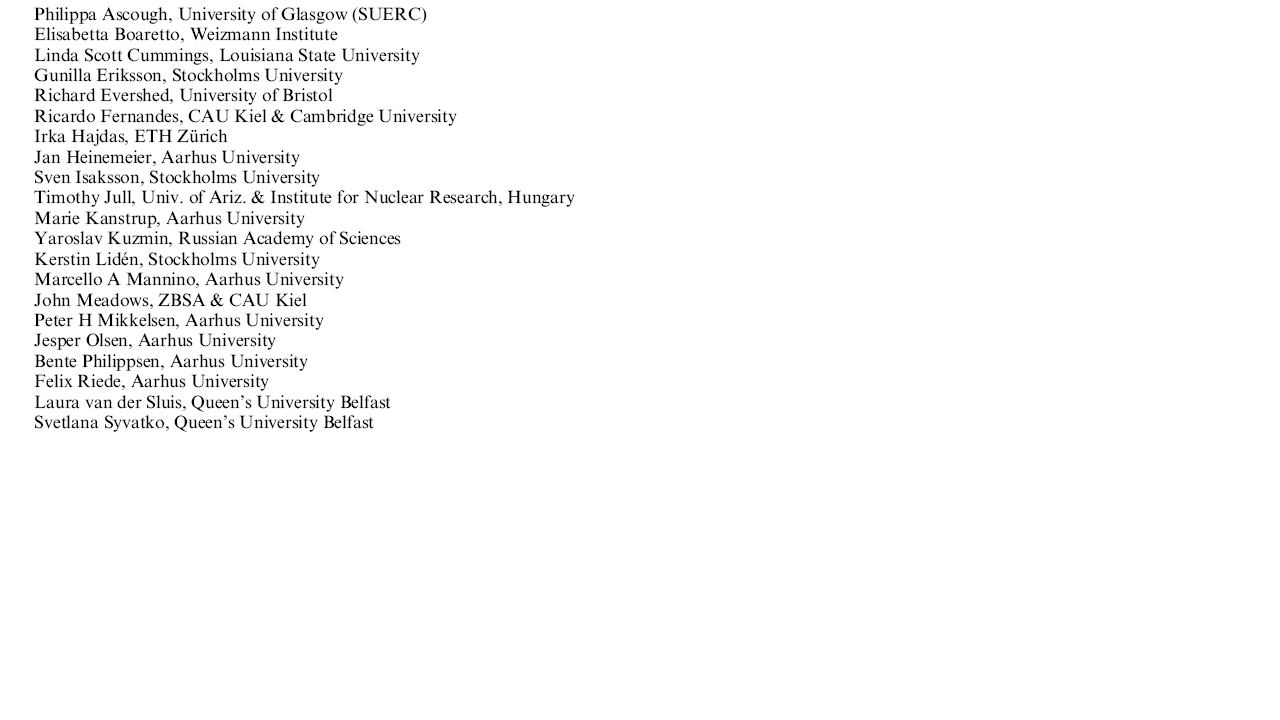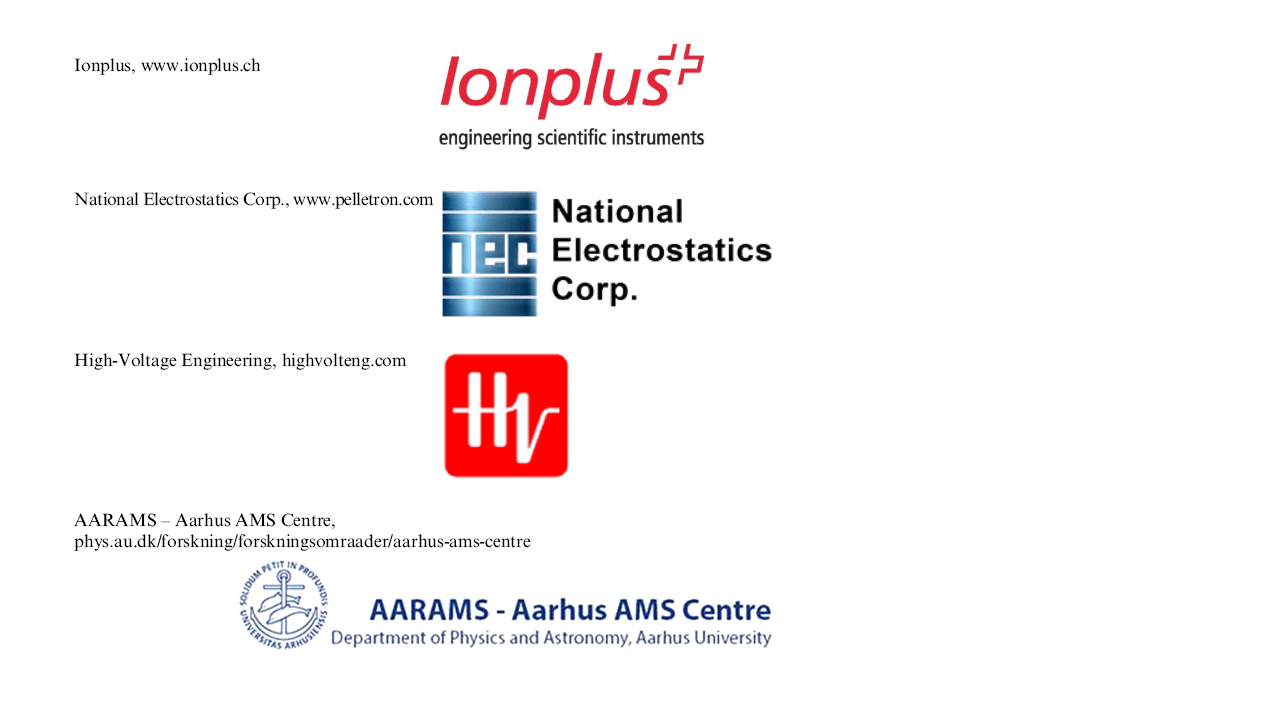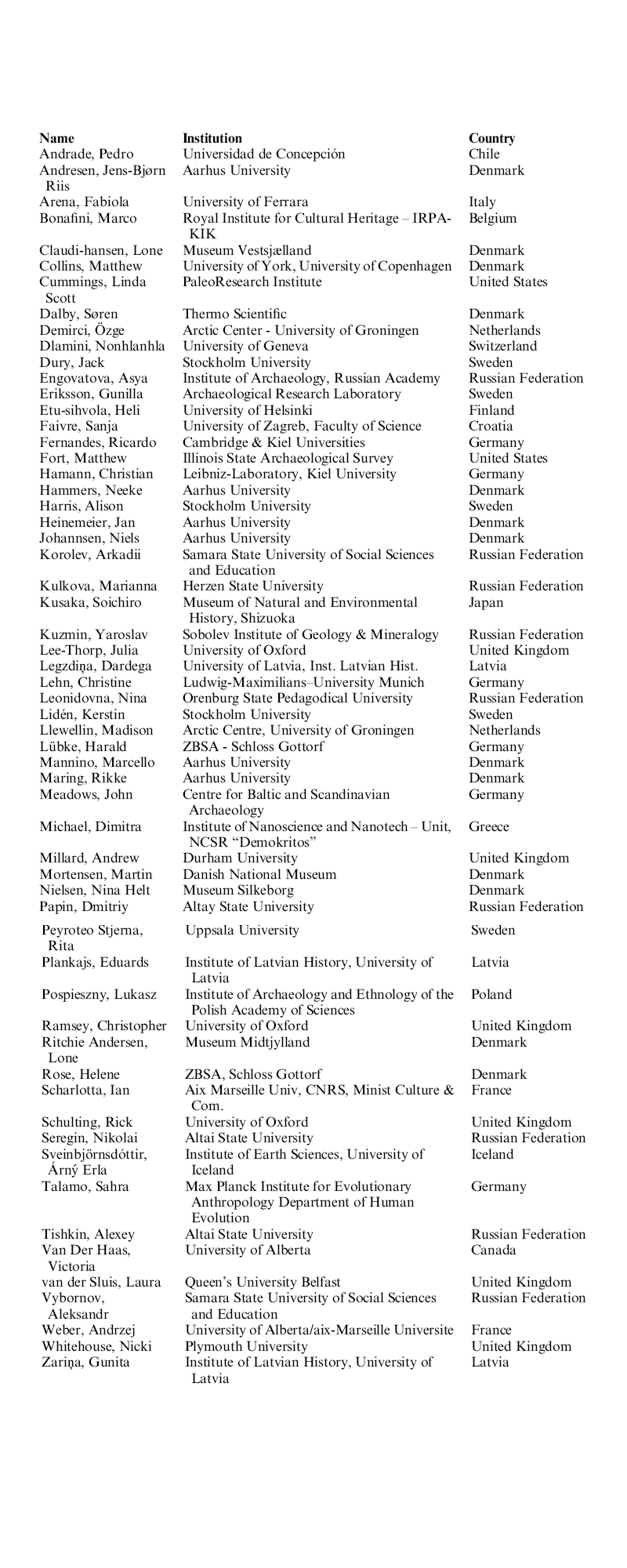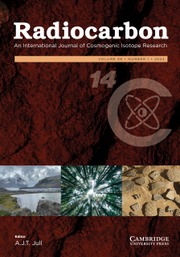The editors are pleased to present this special issue of Radiocarbon, which features papers presented at two international radiocarbon conferences. Both meetings took place in the summer of 2017.
The issue begins with part 2 of the proceedings of the 2nd International Radiocarbon in the Environment Conference, which was held July 3–7, 2017, in Debrecen, Hungary, and hosted by the Hungarian Academy of Sciences and the Hertelendi Laboratory of Environmental Studies – Atomki. Please see Volume 60(4), 2018, for part 1.
Also presented herein are the complete proceedings of the 2nd International Radiocarbon and Diet Symposium, which was held in Aarhus, Denmark, on June 20–23, 2017, and hosted by Aarhus University and the Aarhus AMS Centre.
PREFACE—PROCEEDINGS OF RADIOCARBON AND DIET 2: AQUATIC FOOD RESOURCES AND RESERVOIR EFFECTS
Jesper Olsen ∙ Bente Philippsen ∙ Mette Alstrup Lie ∙ Marie Kanstrup
Aarhus AMS Centre (AARAMS), Department of Physics and Astronomy, Aarhus University, Ny Munkegade 120, DK-8000 Aarhus C, Denmark.
In September 2014 the first international conference on Radiocarbon and Diet was held in Kiel, Germany. The first meeting was a great success and highlighted the importance for a specialized international conference on aquatic food resources and reservoir effects. Several staff members from AARAMS attended this meeting and decided that we should bid for the next meeting, the second international conference on Radiocarbon and Diet, to be held in Aarhus. The conference took place from the 20th to 23rd June 2017. It had 59 attendees from 20 countries, 38 oral and 14 poster presentations.
We would like to thank the invited plenary speakers Prof Julia Lee-Thorp, University of Oxford, Dr. Rick Schulting, University of Oxford, Prof Matthew Collins, University of York / University of Copenhagen and Dr. Nichola Whitehouse, Plymouth University for providing entertaining and excellent talks on “Forays into the ‘C4 world’,” “The problems caused by people consuming foods past their sell-by date,” “Detecting archaeological collagen,” and “A time and place for everything; prehistoric land-use history and food production in early agricultural societies.” The plenary talks set out a journey on the use of stable isotope diet reconstruction from the Plio-Pleistocene to the more recent past. They illustrated the importance of carbon and nitrogen stable isotopes, as well as more “exotic” stable isotopes such as sulfur and hydrogen, to estimate the contribution of food on 14C reservoir offsets—a journey from the molecular level of collagen to big data, including large-scale landscape and land-use history and food production in the past.
Thanks are also due to Ricardo Fernandes, CAU Kiel and Cambridge University for arranging the IsoMemo workshop. IsoMemo is a big data initiative, which brings together research groups and databases of stable and radioactive isotopes within the fields of archaeology. The workshop gave an introduction into the IsoMemo network and provided time for discussing how different topics such as data standards, user interfaces and data quality are dealt with.
We also wish to acknowledge our sponsors IonPlus, High Voltage Engineering (HVEE), National Electrostatics Corporation (NEC) and ThermoFisher Scientific. The contributions from our sponsors are greatly appreciated and helped us to bring down costs, not least to offer reduced student fees.
The scientific committee provided invaluable help and assistance with organizing all abstracts and arranging the scientific program of the conference. Thanks also go to our volunteers Ingrid Chanca and Johan Sandvang Larsen helping out with much of the practicals, as well as to our staff at the Aarhus AMS Centre for helping out with the lab tour. All played important roles during the conference.
Lastly, we would like to thank all the participants for giving life to the conference and for all the inspiring discussions. We witnessed a broad variety of topics, spanning from methodological advances, e.g. in compound-specific analysis of 14C and stable isotopes, to novel sampling methods, such as incremental isotope profiles on dentine. The importance of baseline data collection was acknowledged as well as the complexity of dietary age offsets, including variations in the marine and freshwater reservoir effects. The analyses presented were combined with sophisticated numerical methods for diet reconstruction, other palaeoenvironmental methods, or with cultural-historical developments. Collaboration between different disciplines leads to new insights about the dietary history of individuals or entire populations, within an individual’s lifetime or throughout millennia, within one city or spanning several countries.
The third international conference on Radiocarbon and Diet: Aquatic Food Resources and Reservoir Effects will be organized by Dr Rick Schulting, Institute of Archaeology, University of Oxford in 2020. With new developments in compound-specific stable isotope and radiocarbon methods, as well as the growing amount of research published on stable isotope diet reconstruction and 14C reservoir offsets, this forthcoming conference is very much anticipated.
The Organizing Committee
Jesper, Bente, Mette, and Marie
RADIOCARBON & DIET SCIENTIFIC COMMITTEE

RADIOCARBON & DIET SPONSORS

RADIOCARBON & DIET CONFERENCE PARTICIPANTS


Participants of Radiocarbon and Diet 2: Aquatic Food Resources and Reservoir Effects. The conference was held in Aarhus, Denmark, June 20–23, 2017. (Photo courtesy of the conference organizers.)


